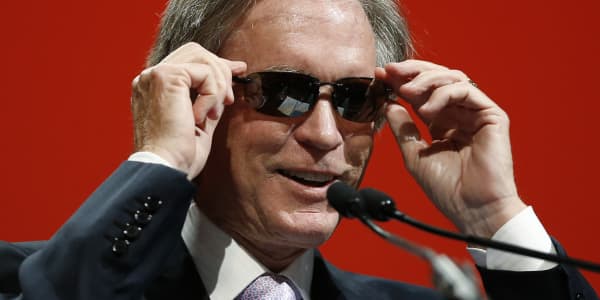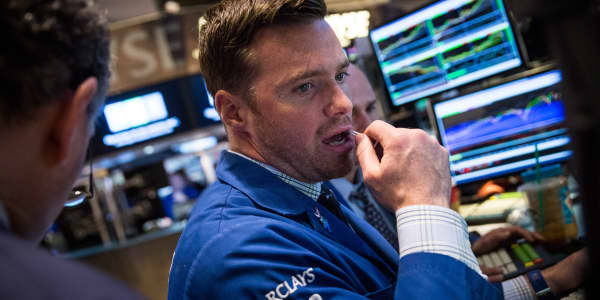Notable bubble watcher Jeremy Grantham kicked off the 27th annual Morningstar Investment Conference in Chicago Wednesday by telling hundreds of financial advisers that he doesn't see a trigger that would deflate valuations in the U.S. stock market ... yet.
Grantham, co-founder and chief investment strategist of investment firm GMO, is known for spotting frothy financial markets. He warned about sky-high valuations in Japanese real estate in late 1980s, technology stocks in the late 1990s and the U.S. housing crisis in the late 2000s.
Now, Grantham said, the market's Tobin's Q ratio and Shiller PE ratio, two popular methods for estimating the fair value of the stock market, are approaching "bubble land," but that is not cause for concern.
Read More When firms act badly ... they get caught
"No bubble has ever broken until individuals pour money into the market," and retail investors have avoided the stock market since the financial crisis, Grantham said.
The markets are "in a state of hysteria" that the Federal Reserve raising interest rates will cause the bubble to pop, Grantham said, but the Fed increased rates eight times between 2004 and 2006 and the stock market continued to soar.
Stock prices have been buoyed by companies buying back $700 billion of stock annually, Grantham said. While the buybacks have helped investors and executives with stock options, the activity has hurt capital expenditures and sacrificed economic growth, he said.
The U.S. economic boom is still "middle aged" and bubbles don't burst unless the economy has reached beyond its capacity, Grantham said.
"When you get really crazy prices, it will take a crazy long time to correct it," Grantham said.
When asked by an audience member how he was allocating GMO's assets, Grantham responded "with great difficulty." He called emerging market stocks the "least awful" asset class.





